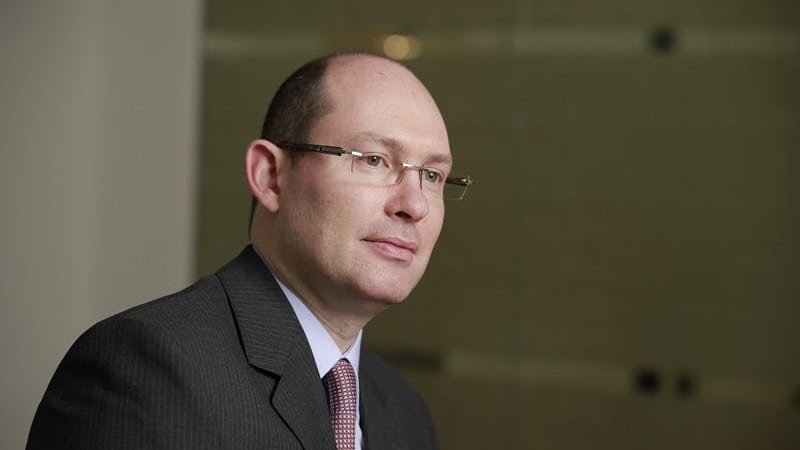An investment trust launched to exploit corporate governance changes under Abenomics faces a delicate task in applying its activist approach to Japanese companies.
Asset Value Investors (AVI), which already runs British Empire, another activist trust, is planning to launch its investment trust for small and mid-cap Japanese companies in October. AVI Japan Opportunity Trust will hold 25 to 30 names at launch and aims to exploit changes brought in under Shinzo Abe’s corporate governance code launched in 2015.
It aims to raise £100m to £200m at IPO and will seek a premium listing on the London Stock Exchange.
“The whole concept of activism goes against the traditional Japanese approach,” fund manager Joe Bauernfreund (pictured) admits. “But at the heart of the corporate governance code is a desire on the part of the government and regulatory bodies to see more engaged shareholders put more pressure on companies.”
Japan’s cash on balance sheets
The focus on the investment trust’s activism would be on using excess cash for dividends, share buybacks or M&A activity.
Almost a third of companies in the Topix hold more than 30% of their total market cap in cash, he said.
“This is an overhang from the 1989 bursting of the bubble, which was a painful experience for companies. Following that they were so scarred that they spent the following years paying off debt, building up a cash store, and just felt they needed to retain that cash to protect themselves for another potentially rainy day.
“This has permeated into their psyche that they need to have this cash. The problem has become acute in that now Japanese returns on equity have shrunk to very low levels. They’re struggling with deflation and they’re struggling to get those animal spirits going.”
Activist investment trusts
A closed-ended fund is important for activist investing, he said.
“When you seek to put forward proposals or resolutions at shareholder meetings in Japan you have to have been an owner of those shares for a minimum of six months. Running an open-ended fund would pose quite a challenge for us in that regard if we were constantly managing inflows and outflows.”
The structure would also be suitable for some of the smaller, less liquid companies the investment trust will be investing in, he said.
However, AVI has an advantage over larger asset managers in its activist approach, according to a research note by Kepler Investment Intelligence covering the planned launch. “Many of the larger asset management companies playing in this market have other commercial interests in remaining on good terms with company management, such as brokering arrangements, for example,” it said.
Opportunities in Abenomics
“British Empire is designed to be a very long-term vehicle. The Japan trust is more of an opportunity we see today rather than necessarily wanting to invest in Japan for the next 20 years,” said Bauernfreund.
The investment trust will offer shareholders the opportunity to exit at NAV after four years as a form of discount control. It will also have a share buyback policy.
The analyst headcount at AVI has doubled to six over the last three years with one analyst dedicated to Japanese companies.
The management fee on the investment trust will be 1% on the lower of market cap or NAV. It will not charge a performance fee.
The IPO is set to close on 18 October with trading to start on 23 October.







